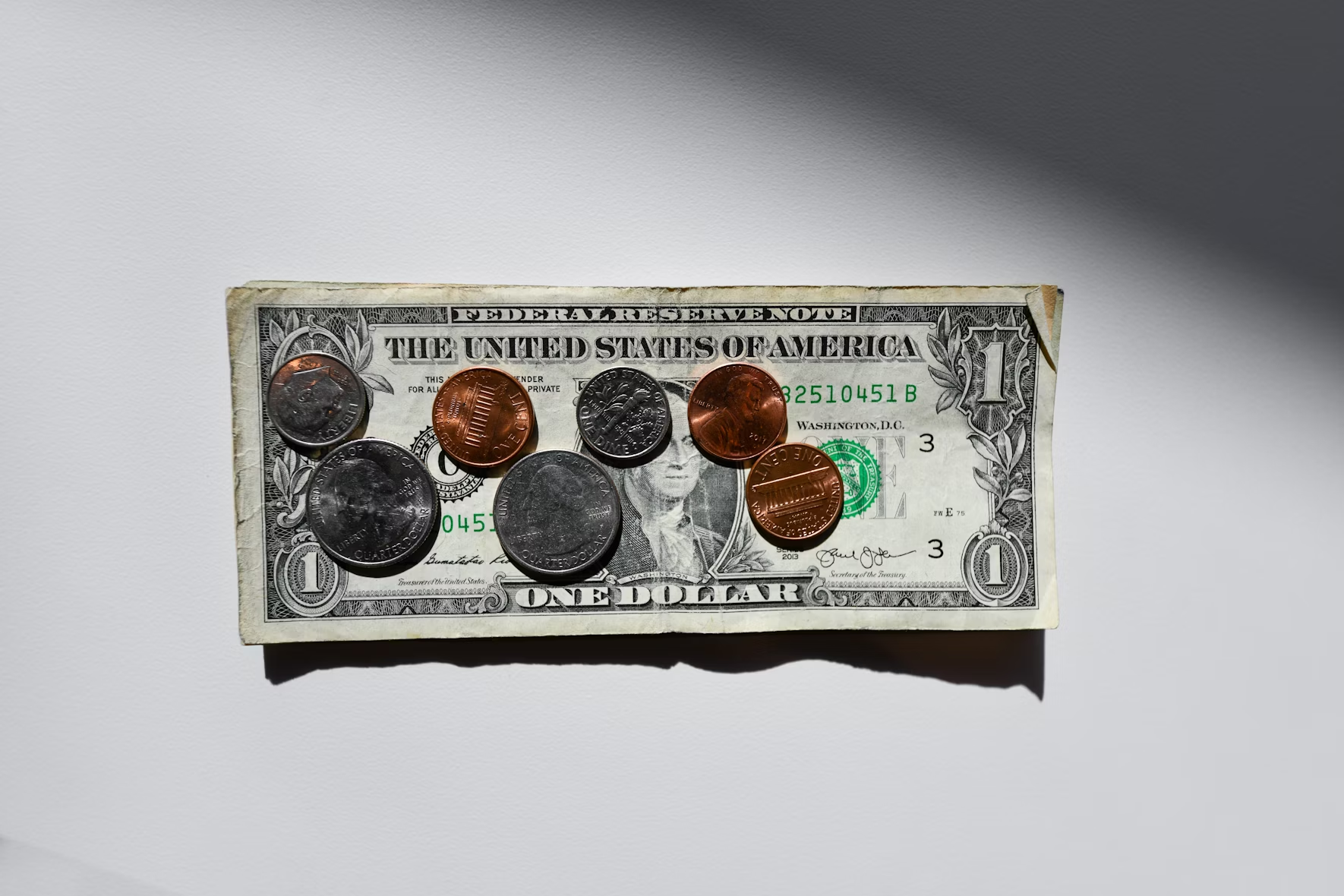The U.S. is heading toward an inevitable economic event known as the "Great Melt Up," where inflation is expected to re-accelerate sharply primarily due to the national debt crisis, which has surpassed $35 trillion in 2024, with growing interest payments accounting for 20% of the government's income. As borrowing continues to rise, the U.S. government is forced to prioritise inflation over deflation to manage the debt, which will worsen wealth inequality. The government relies heavily on tax revenue, but spending outpaces income by trillions, creating a house of cards that can only be temporarily sustained by cutting interest rates. Even if a technological breakthrough boosts productivity, inflation remains the best bad option for survival.
EQUITY
The stock index opened the month strong with S&P 500 hitting a record close, up 0.4%. It had its best September since 2013, rising 2% for the month. Tesla, Palantir, and Oracle are among the few giants that had more than 20% gain last month. Fed Chair Powell projected two rate cuts this year but stressed decisions depend on economic data. Energy sectors led gains while materials fell, with CVS Health rising 2.4% after news of new strategic initiatives.
GOLD
Gold climbed to $2,685 last month as Middle East tensions escalated after Israel killed Hezbollah's leader and Lebanese troops withdrew from the border. Fed Chair Powell's cautious remarks about future rate cuts and the Arab leader's peace deal limited gains. The metal posted its biggest quarterly gain since Q1 2016, rising 13.3% in Q3 and achieving over 42% growth in the past year. JPMorgan remains bullish, targeting $2,850 per ounce by 2025 as markets await key economic data.
OIL
Crude oil prices remain under pressure in lieu of weak demand, and the prospect of increased supply from OPEC+, overshadowing concerns over Middle East tensions. Brent crude fell 9% in September, its largest drop since November 2022. Goldman Sachs predicts prices could drop to the low $60s by December if OPEC+ reverses voluntary output cuts. Saudi Arabia, abandoning its $100 per barrel target, plans to reduce 2.2 million barrels per day in production starting in December.
CURRENCY
The U.S. dollar firmed to above 100 on its index as Fed Chair Powell's hawkish tone lowered expectations for aggressive interest rate cuts. In contrast, the Japanese yen stabilised following recent political shifts, with markets favouring a continuation of dovish monetary policy. The Australian dollar strengthened on better-than-expected retail sales data, while the euro remained weak after falling German inflation heightened speculation of upcoming rate cuts by the European Central Bank. Overall, the currency market reacted to key economic data and central bank policies, shaping expectations for future rate movements.













